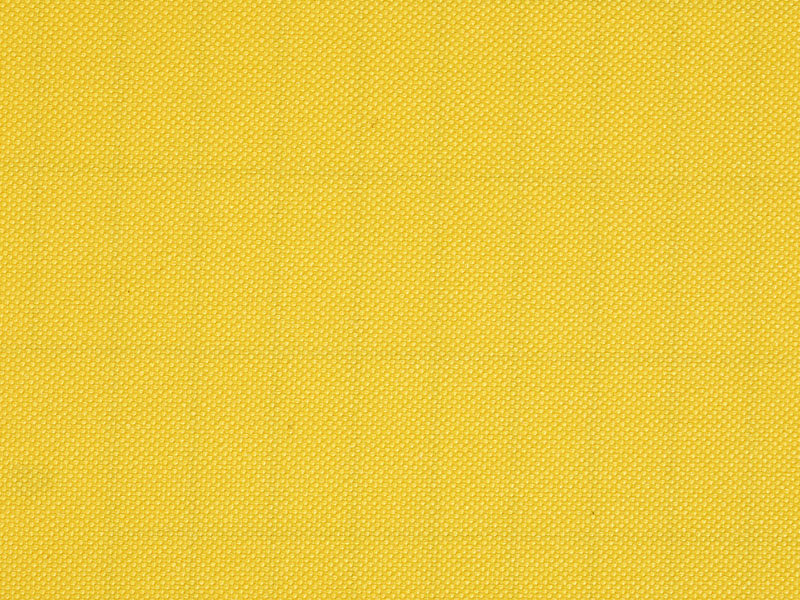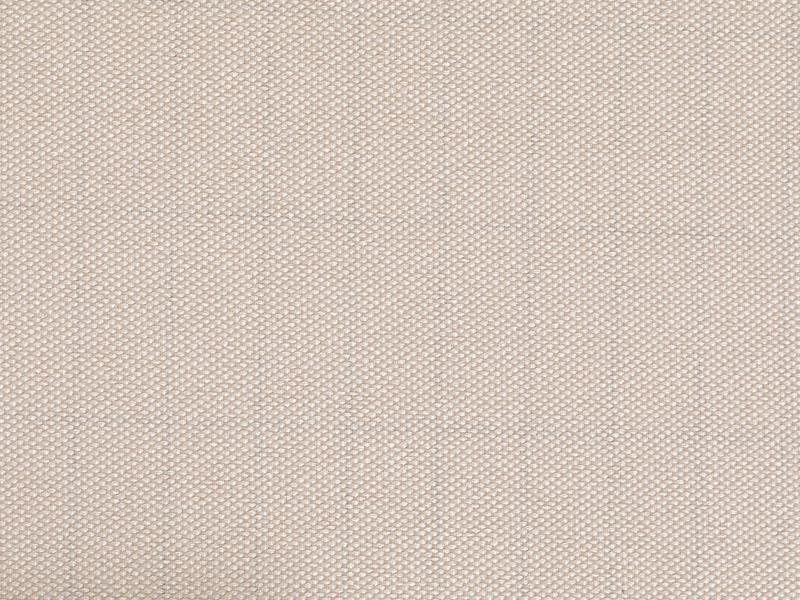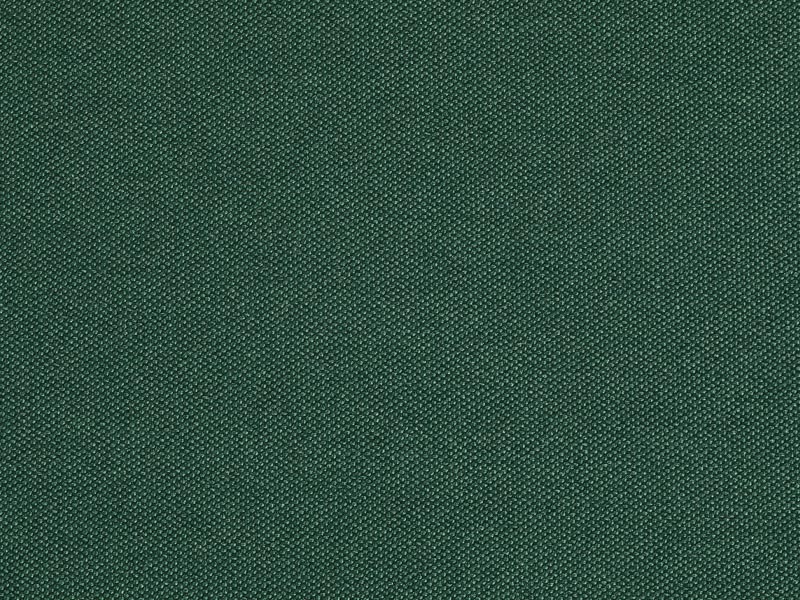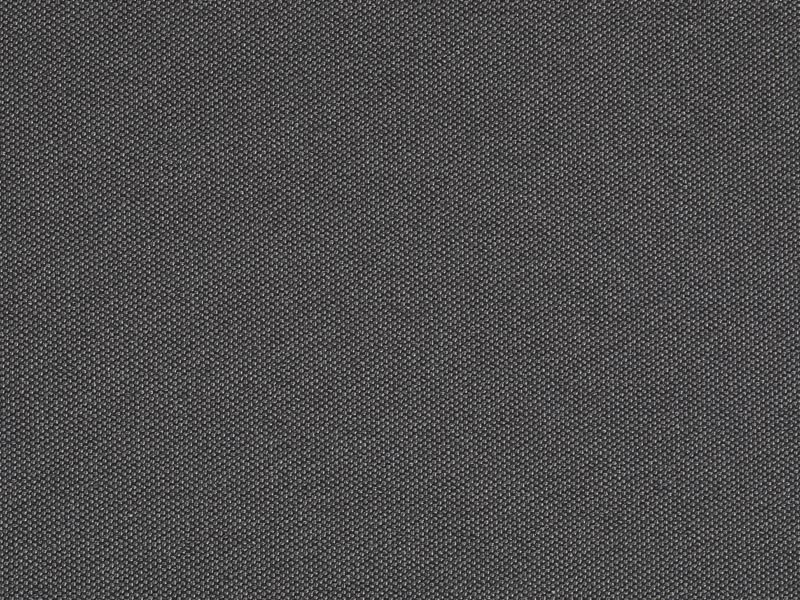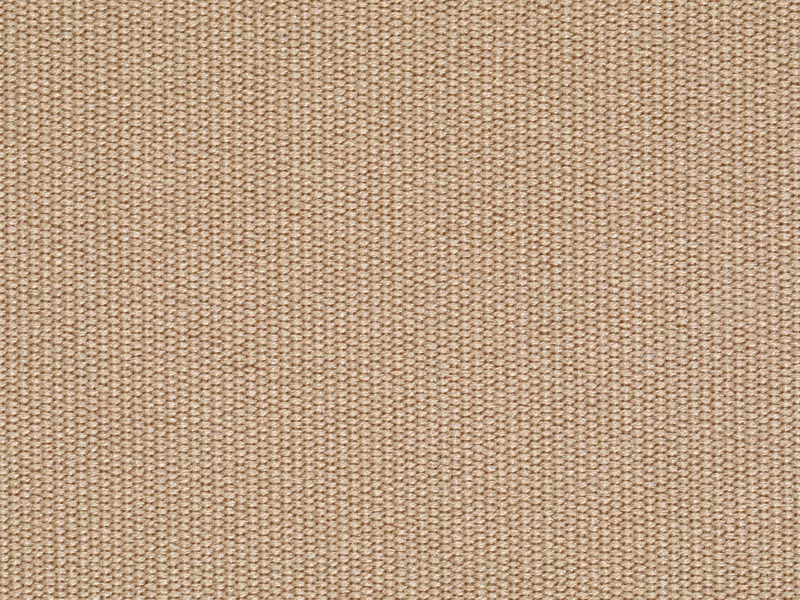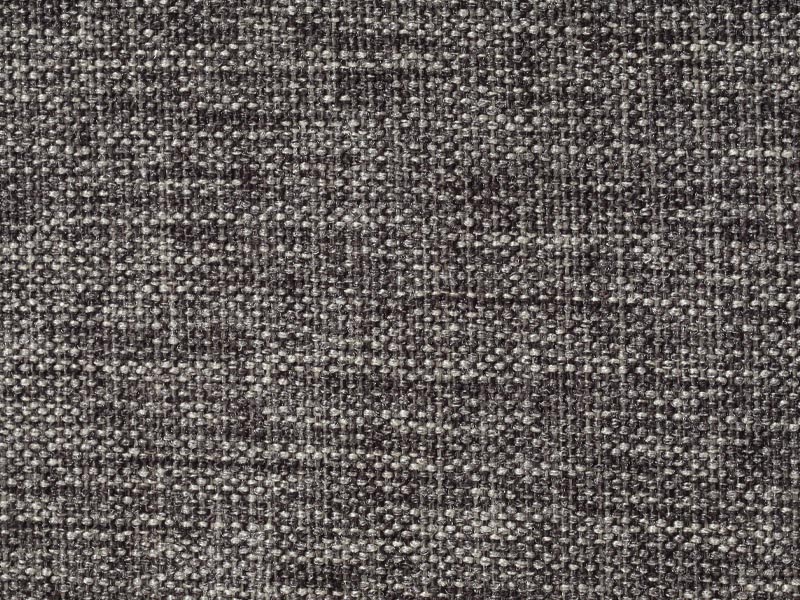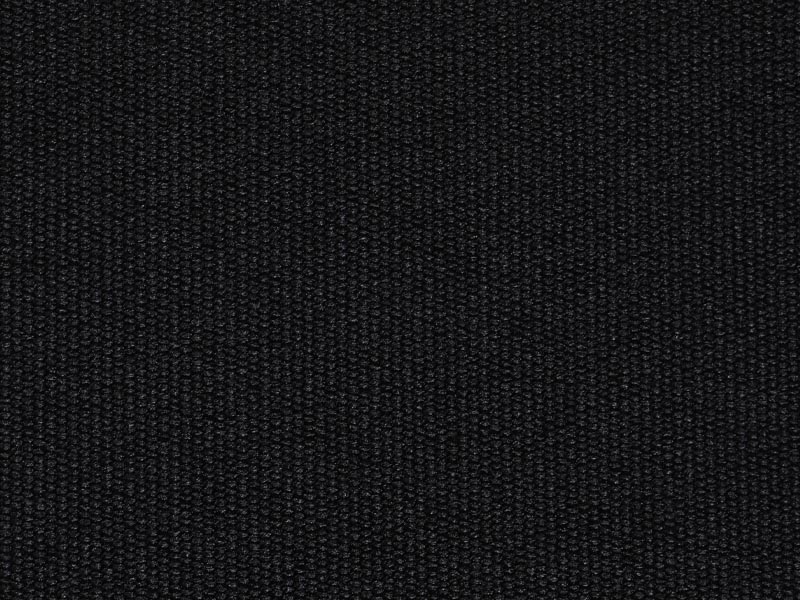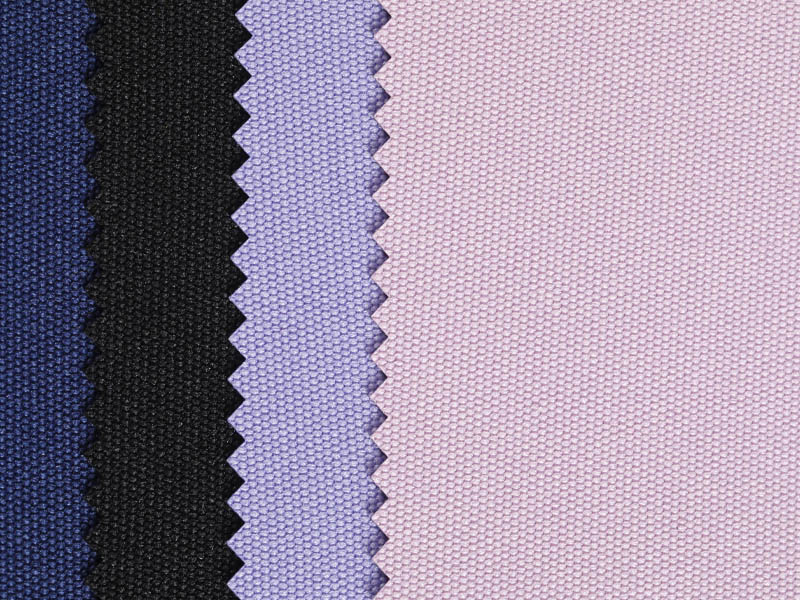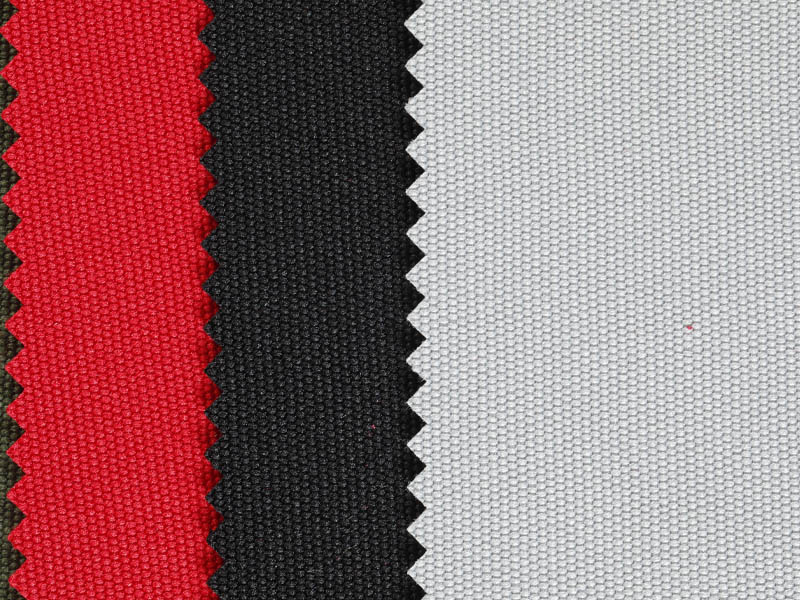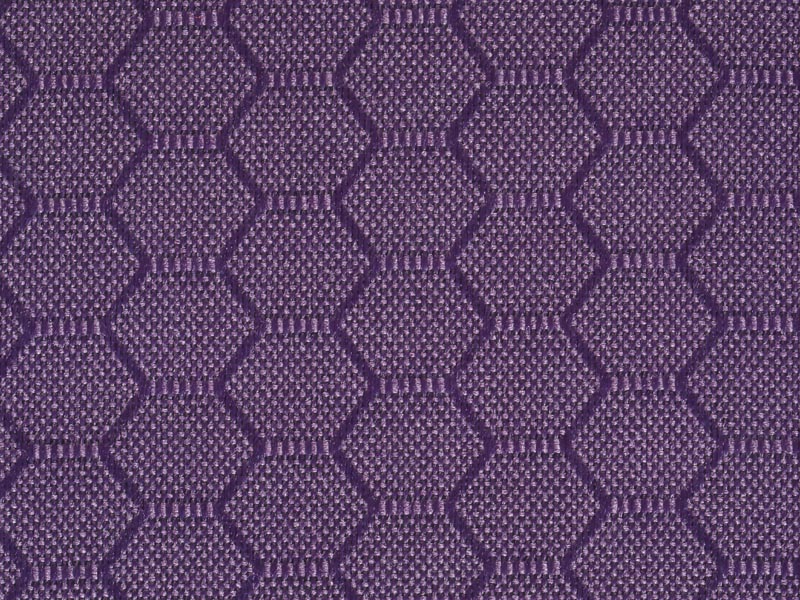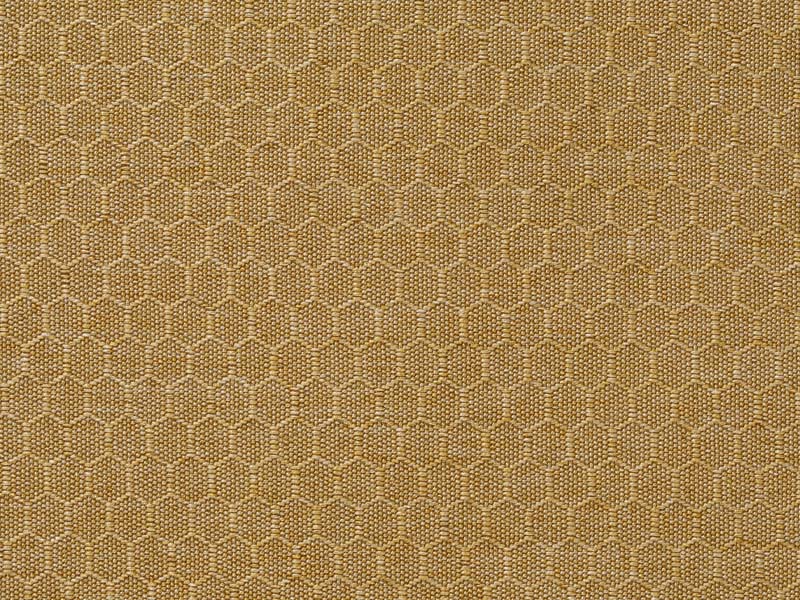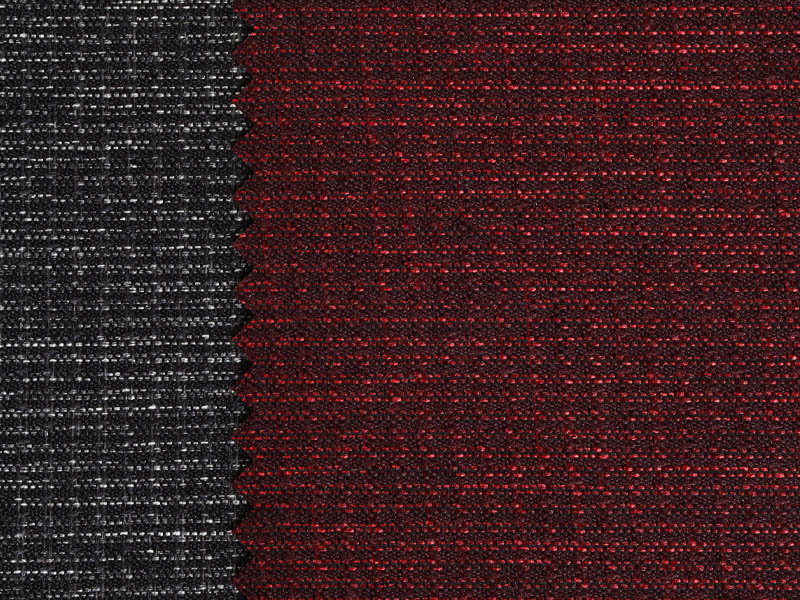How To Choose Tent Fabric?
Posted by Admin
Faced with so many different types of tents, different environmental uses, and different fabrics, we often hesitate when selecting tents. If we choose the correct tent fabric, it's OK.
The necessary condition for tent fabric is waterproof. Oxford cloth itself does not have a waterproof effect. It is a waterproof Oxford cloth produced by adding waterproof agents to our finishing process according to different needs.
Waterproof Oxford cloth coated with AC or PU is generally used for children or game tents; 300mm, generally used for beach tents, sunshade tents, or dry and rainless cotton cloth tents; Waterproof 800-1200mm, used for conventional simple camping tents; Waterproof 1500-2000mm, suitable for mid-range tents, suitable for multi day travel; Waterproof over 3000mm, generally a professional tent, which has undergone technical treatment such as high temperature/cold resistance. Low end tents usually use PE or PVC coated oxford cloth as the base material, while high-end tents often use PU coated oxford cloth as the base material, with a waterproof treatment of at least 1500mm or more.
Waterproof Oxford cloth has a wide range of uses, in addition to being used for tent cloth fabrics, it is also suitable for luggage, footwear, household goods, and baby strollers. Medical and health equipment and other fields.
When selecting tent fabric, it's essential to prioritize certain characteristics such as durability, breathability, and, of course, waterproofing. The fabric should be able to withstand the wear and tear of outdoor use, including potential exposure to harsh weather conditions. Additionally, it should provide adequate ventilation to prevent condensation buildup inside the tent.
To choose the right tent fabric, consider the type of camping you plan to do. If you're an avid backpacker who frequently embarks on long hiking trips, lightweight tent fabric would be ideal. Fabrics such as nylon or polyester are known for their lightweight nature while still offering decent durability. These materials make your backpacking experience more enjoyable by reducing the overall weight of your gear.
For family camping or car camping, where weight is less of a concern, you can opt for heavier but more robust fabrics. Cotton canvas, for example, is a popular choice due to its durability and breathability. However, it's important to note that traditional cotton canvas is not inherently waterproof and may require additional treatments or coatings to enhance its water resistance.
In recent years, technical fabrics have gained popularity in the tent manufacturing industry. These fabrics are often made with advanced technologies and coatings that offer excellent waterproofing and durability. Examples include silicone-coated fabrics or laminated fabrics, which provide superior protection against water ingress. These technical fabrics are generally more expensive but provide exceptional performance in challenging weather conditions.
When choosing tent fabric, consider the climate and environment in which you will be camping. If you primarily camp in hot and humid areas, prioritizing breathability is crucial to ensure a comfortable camping experience. Fabrics with good ventilation properties, such as mesh panels or polyester blends with moisture-wicking capabilities, can help keep the tent interior cool and dry.
Furthermore, it's essential to assess the lifespan and maintenance requirements of the tent fabric you choose. Some fabrics may require specific care instructions, such as hand washing or limited exposure to UV rays, to maintain their performance over time. Understanding how to properly care for and maintain your tent fabric will help prolong its lifespan and ensure it remains reliable for future camping trips.

 English
English Français
Français Español
Español عربى
عربى Tiếng Việt
Tiếng Việt